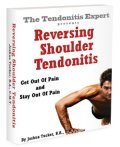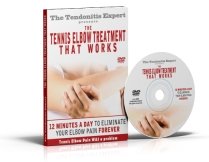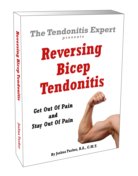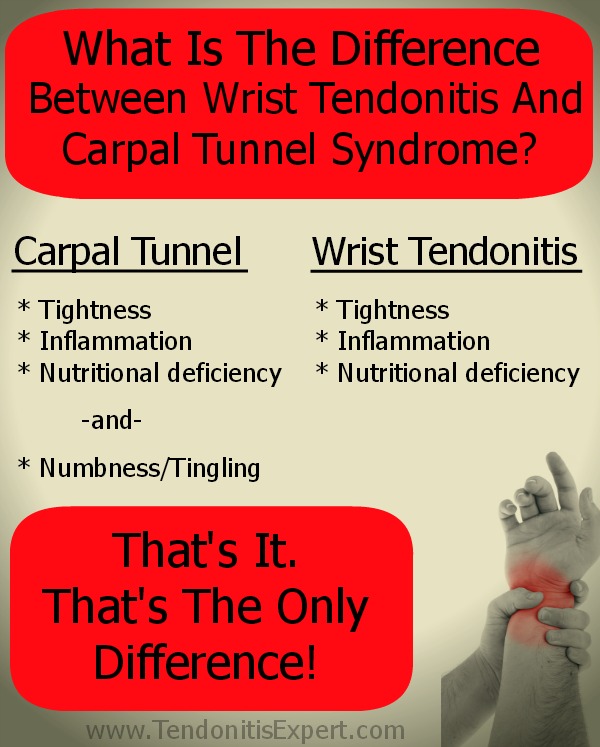Dislocated Shoulder last year, now TMJ syndrome
by Rebecca Matteson
(Cameron Park, CA, USA)
I'm Rebecca, a 50 year old female person in pretty good shape. 5'5", 125#, moderate 40 min exercise 4-5x/wk, decent diet.
I got clobbered by a rogue wave in Maui October 2015 and dislocated my right shoulder. I was put back together within a couple hours, stayed immobile for 6 weeks, began a range of motion protocol, and finally a strengthening regimen.
Ortho released me after 10 weeks.
A few months later I thought I had something living in my ears they hurt so badly. ENT revealed that it was TMJ syndrome despite my bite guard. She told me to stop eating chewy food and wait it out.
Now, one year later, I deal with jaw pain, neck pain, pain in both shoulders, headaches, and my jaw occasionally locks in the open position and I cannot speak. Extremely scary since I am the full time caregiver to my adult son with severe cognitive disabilities and type 1 diabetes.
I understand the concept of muscles thinking that they're short, not long, because it feels like they're all tight, thick rubber bands fighting to get even tighter.
I'm willing to get to work, as you said in your article. Do you think I'm a candidate that would benefit from your ideas?
Thank you!
Rebecca
----
Joshua Answers:
Hi Rebecca.
Ouch. Some pain is worse than others. Ear pain is right on up there.
So, it goes something like this:
1. You get clobbered by a wave.
2. Impact forces shoulder out of socket.
3. Ligaments get stretched, joint capsule gets stretched, massive pain/problem signal gets sent to the brain.
4. Brain kicks in tightness, inflammation response (which tightens things and releases pain enhancing chemical).
5. Tightness and stress (trauma, pain, worry, fear, poor sleep) and inflammation all eat up nutrition.
6. Your body recovers as best it can, but you're left with too much tightness, a certain amount of the brain trying to protect you (constantly) from injury), chronic inflammation process, and nutritional insufficiency, ongoingly.
7. Hello Tendonitis.
Specifically, Shoulder Tendonitis and the Pain Causing Dynamic
8. Ultimately, in the body, everything is connected. So tightness causes other muscles to tighten.
In other words, it spreads.
The shoulder is intimately connected to neck. The neck is intimately connected to the jaw.
And realistically, the impact that hurt your shoulder hurt your neck as well. A certain amount of whiplash is an easy enough way to think about it.
9. "I'm willing to get to work, as you said in your article. Do you think I'm a candidate that would benefit from your ideas?"
I love working with motivated people.
Are you a candidate? Absolutely. I'd even say it's a necessity.
Rest isn't going to help. Pain killers and corticosteroid shots won't fix it. Bite guards are just to get you through the night. Etc.
You have to fix the overall causative dynamic, and there are multiple factors. And you can't make the muscles relax if you don't correct the nutritional insufficiency.
It's basic math (metaphor). If you do the basic math wrong (rest, anti-inflammatories, surgery, etc) then you're doomed to fail.
So.
I would get either the Reversing Whiplash or the Reversing Shoulder Tendonitis.
If your shoulder hurts more, get that one. If your shoulder doesn't hurt so much, get the whiplash one (because even if your neck hurts, it needs work bad.
Then email me and I can talk you through specific tmj work.
The overall dynamic/problem and how to fix (including the nutrition) is in both. The real difference is location specific content.
Again, even if your neck doesn't hurt, I promise it needs work and is directly connected to the jaw problem. Probably should just get the whiplash one.
See Related: What Is TMJ?
See Related: Tendonitis Of The Jaw
See Related: TMJ Dislocation
----------------------
Please reply using the comment link below. Do not submit a new submission to answer/reply, it's too hard for me to find where it's supposed to go.
And, comments have a 3,000 character limit so you may have to comment twice.
-----------------------

Joshua Tucker, B.A., C.M.T.
The Tendonitis Expert
www.TendonitisExpert.com
| Share Your Story |
Return to Ask The Tendonitis Expert .




